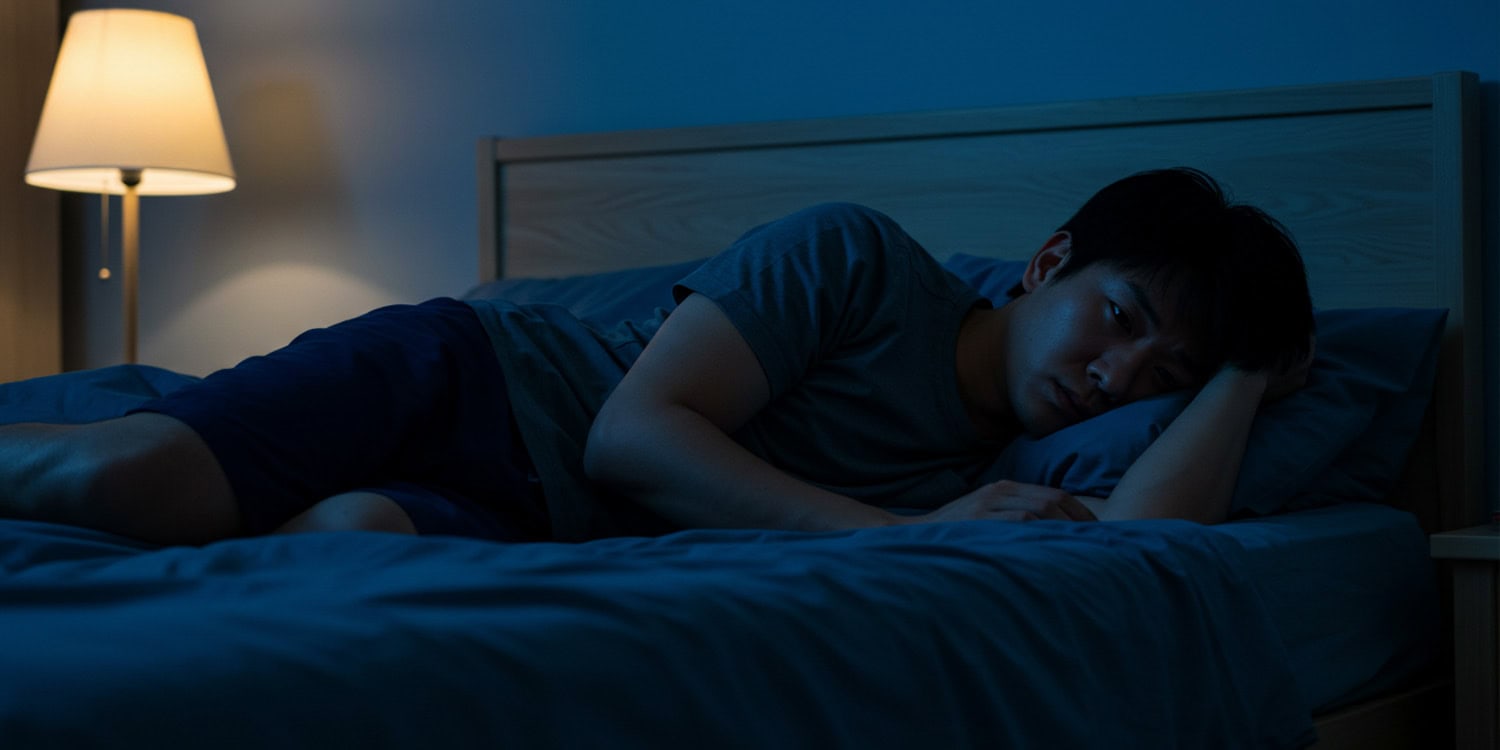A study of Chinese youths found that individuals who suffered maltreatment in childhood tended to have more sleep problems, possibly due to impaired emotion regulation processes. Participants who experienced high levels of physical and emotional maltreatment used fewer cognitive reappraisal strategies, while those who experienced high levels of sexual abuse used more expressive suppression. The paper was published in Development and Psychopathology.
Childhood maltreatment refers to harmful experiences endured by a child through abuse, neglect, or exploitation by caregivers or others responsible for their well-being. It can take several forms, including physical abuse, which involves intentional harm or injury; emotional abuse, characterized by verbal attacks, humiliation, or rejection; sexual abuse, involving inappropriate sexual contact or exploitation; and neglect, which occurs when a child’s basic needs—such as food, shelter, medical care, and emotional support—are not met.
Childhood maltreatment can have long-term impacts on a child’s development, leading to emotional difficulties, anxiety, depression, and problems in forming secure relationships. It can also affect physical health, cognitive development, and academic performance. Many children who experience maltreatment exhibit internalizing symptoms, such as withdrawal, or externalizing behaviors, such as aggression.
Study author Sihan Liu and his colleagues aimed to explore how different forms of childhood maltreatment co-occur in Chinese young people and how these experiences might affect later sleep problems. They hypothesized that childhood maltreatment adversely impacts the development of emotion regulation mechanisms in maltreated youth, leading to sleep problems. Specifically, they proposed that participants who experienced multiple types of childhood maltreatment would have the most severe sleep problems.
The researchers expected that these sleep problems would be linked to emotion regulation strategies, namely cognitive reappraisal and expressive suppression. Cognitive reappraisal is an emotion regulation strategy that involves reframing a situation in a more positive or neutral light to alter its emotional impact, thereby helping individuals manage stress and negative emotions. A better ability to use this strategy allows a person to have greater control over their emotions. In contrast, expressive suppression is a response-focused strategy in which individuals inhibit or hide outward emotional expressions without changing their internal emotional experience. While this strategy can reduce social conflict, it may lead to long-term psychological stress.
The study participants were youths involved in a longitudinal Youths’ Well-Being Project in mainland China from 2019 to 2020. This analysis was based on data from 1,929 participants, who were between 16 and 22 years old, with an average age of around 18–19 years. Sixty-three percent of the participants were women, 55% resided in rural areas, and 85% came from intact families.
Among other assessments, participants completed measures of childhood maltreatment (using the 28-item Childhood Trauma Questionnaire – Short Form), emotion regulation strategies (using the Emotion Regulation Questionnaire), and sleep quality (using the Pittsburgh Sleep Quality Index). They also provided various demographic data.
Results showed that 18% of participants experienced sexual abuse, 7% experienced physical abuse, and 15% experienced emotional abuse during childhood. All types of childhood maltreatment were associated with increased sleep problems, with the association being strongest for emotional abuse.
The patterns of childhood maltreatment reported by participants could be grouped into three categories: low childhood maltreatment, high physical and emotional maltreatment, and high sexual abuse.
The authors tested a model proposing that high physical and emotional maltreatment led to a lower use of cognitive reappraisal strategies, while high sexual abuse made individuals more prone to using expressive suppression (compared to youths who were not maltreated). In turn, these factors contributed to more sleep problems. The results indicated that such relationships among these factors are possible.
“This study reveals new insights into the patterns of childhood maltreatment in Chinese youths and implies that individuals exposed to sexual abuse or a combination of physical and emotional maltreatment experience sleep problems through the impairment of differential emotion regulation processes. It also highlights the necessity of setting differential targets on emotion regulation strategies for distinct groups of maltreatment and considering the co-occurrence of physical and emotional maltreatment,” the study authors concluded.
The study sheds light on the links between childhood maltreatment, emotion regulation, and sleep quality. However, it should be noted that the study’s design does not allow for definitive causal inferences. The statistical models tested show only that the proposed relationships among the studied factors are possible, not that all alternative explanations for the observed associations have been excluded.
The paper, “Patterns of childhood maltreatment influence sleep quality: The role of emotion regulation,” was authored by Sihan Liu, Nigela Ahemaitijiang, Jianjie Xu, Yang Liu, Lu Chen, and Zhuo Rachel Han.




